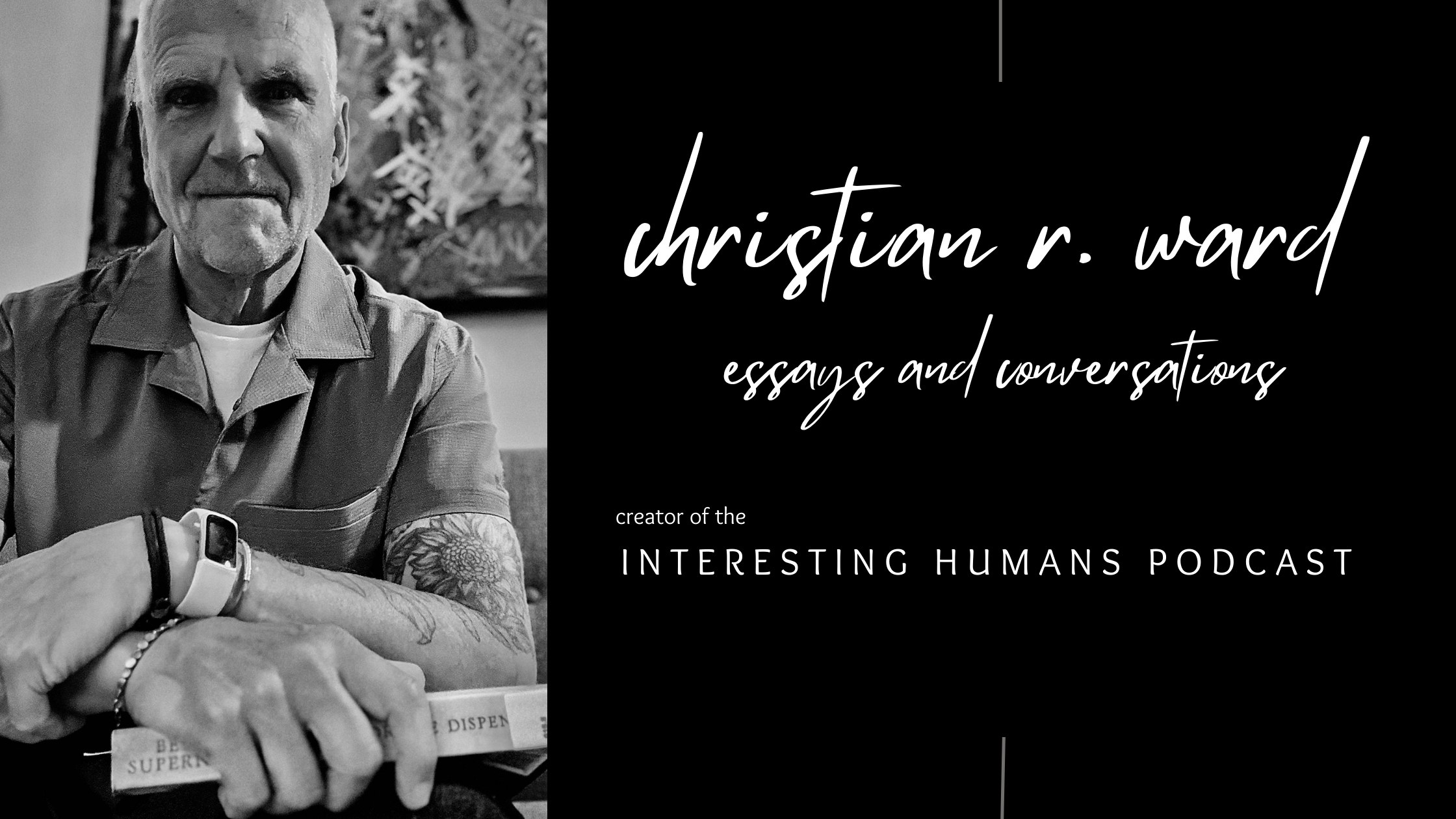Last updated on 8 December 2020
Share this

The four most dangerous words in English are “I am not worthy.” Even more than someone else saying to us “you are not worthy,” when this sentiment becomes an ingrained part of our own narrative nothing can be more damaging.
Think about it. IANW limits one achieving full potential because of the belief that you don’t deserve your achievement. You shy away from meeting that special someone because you are too afraid of risking rejection and confirming of your lack of worth.
Or you do not raise your hand to answer a teacher’s question because you are afraid of giving the wrong answer. The potential embarrassment and your classmates’ derision because you were off the mark is too much.
As a teen-age girl, you don’t speak up when that boy is a little too aggressive with his hands because you don’t think you are worthy of someone who will treat you with the respect and love you deserve.
You put up with a drunk, abusive father who throws you into a muddy beach in your best dress because you believe what the motherfucker has told you for years–you are not worth breathing.
So many ways this toxic phrase weaves its way into our personal narratives. The thing is, it is wrong. Wrong. On all levels. There is no truth in “I am not worthy. “
No one deserves this moniker.
Occasionally, friends of my fiance Elin and I give us a glimpse into their challenges putting their childhoods into perspective. One person in particular has done the brilliant, difficult work putting her father’s abuse to rest in her past.

Her name is Ruth Langs. You can see her art here. She has found a process through her painting to come to terms with the hurt she experienced as a child. She is a wonderful human being, wife, mother and artist. Ruth has shared with Elin and I the incredible story of the abuse she and her siblings experienced at the hands of her alcoholic father. Now she has also shared the story in an artist’s summation of work she will show March 8th at the Ann Arbor Art Center.
The MOCEAN paintings are the result of Ruth’s return to the Florida Keys where she attempted to plow through the sometimes painful memories of her childhood.
I admire Ruth for a number of reasons, just as I do anyone who undertakes putting their lives into perspective. That includes coming to terms with the way their parents raised them.
I get so much when people like Ruth share their stories for I, too, am trying to make sense of my childhood and how the way my parents raised me affects me even today.
I am not worthy wove its unfortunate message into my head and has been an intrinsic part of my narrative for as long as I can remember. It’s like a postcard from way, way back that I keep rereading every time strong emotions rise. Unfortunately the words’ impact on the way I have raised my three daughters is far-reaching and not positive. It’s hard enough to raise children in the collateral damage of divorce when both parents are healthy. Adding IANW has compounded the often panicky, scattered approach I’ve taken in parenting after divorce, making it that much harder for the children to adjust well.
I became aware over the past couple of years how my fears about how my kids felt about me were governing my approach. When I began to look into why, I discovered that at the very core was the notion that I am not worthy of my children’s love and therefore not worthy of being a parent.
I discovered that the very core of my approach to parenting was the notion that I am not worthy of my children’s love and therefore not worthy of being a parent.
Not to diminish that my parents did the best they could with my sister and I, I have recently become aware of some awkward and angry feelings toward both my parents for how they parented. My mom died 31 years ago so I can’t do anything about addressing these feelings with her. And it somehow seems unmanly to confront my father with the issue. He is up there in age and facing his own limitations.
It is simply up to each of us as adults to critically revisit our feelings about our childhoods and question our beliefs, much like Ruth Langs has done. Or our friend Abby who also experienced a challenging upbringing that has made her life perplexing at times.
I am working to change the narrative I have used for more than 50 years to govern my emotions and my behavior. IANW no longer fits my life. While I can be aware of my anger or hurt toward my father for the things he did or didn’t give me, allowing those sentiments to dictate how I live today seems as crazy as Ruth believing a drunk, abusive father was correct about her worth.
These things take time. The great gift Ruth and Abby and others have given Elin and I is an awareness of the roots of our feelings so we can put our past to rest and live for today. I want to rush out and have conversations with each of my kids to explain myself so they know IANW is my problem, not theirs. I want to instill only the message that their lives are a great gift and they are worthy of every breath they take.




[…] me that is anything but healthy and it affects my view of how I parent my daughters. (See my post Postcard from 1952 for more on this). If I pay too much attention to this dangerous internal dialogue it becomes […]